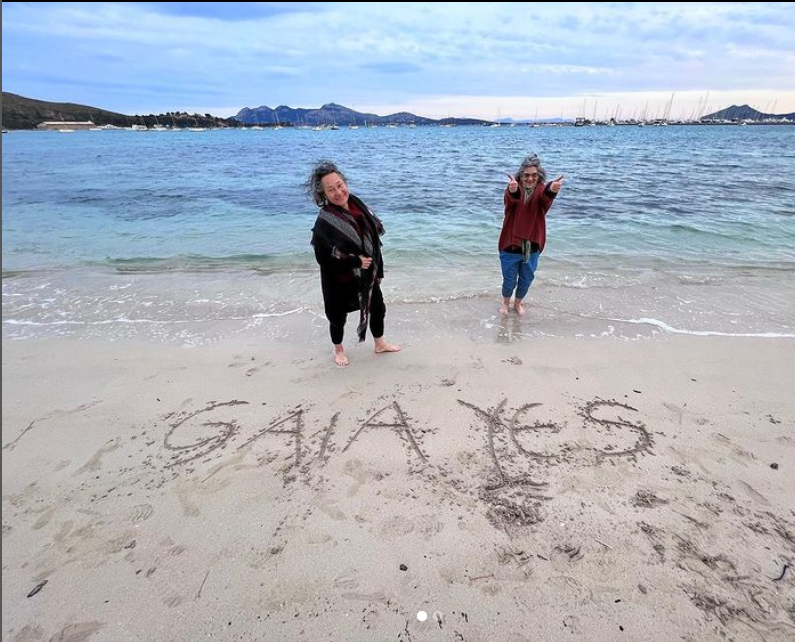Heading Towards Regenerative Futures

A Journey allying with Gaia Education
In 1996 whilst living at Wongsanit Ashram in Thailand, my Thai colleague Pracha Hutanuwatr and I co-founded the Grassroots Leadership Training (GLT). The holistic approach focused on critiquing the current paradigm of development, incorporating engaged spirituality and creating conditions for empowerment for marginalized grassroots leaders to build community-led sustainable and resilient futures.
The GLT programme now has hundreds of active alumni contributing in diverse ways to inner and outer regenerative change. Over the years this has initiated many community-led sustainability projects as well as influenced multi-level stakeholders towards sustainable change. Many of the alumni have gone on to be respected community leaders and some are heading national NGOs. This has had a big impact on emerging civil society in South East Asia, particularly Myanmar.
Pracha and I first met May East and Craig Gibsone in 1996 whilst visiting Findhorn Ecovillage. This was the start of a long relationship built on a deep mutual concern for acknowledging and finding ways to mitigate the negative impacts that the modernization process has on society. We had a lot to share over the years as Wongsanit Ashram and Findhorn Ecovillage were experimental communities bringing a spiritual approach to individual, community and societal change. This paved the way for our deep respect for Gaia Education 4D of sustainability that considers social, ecological, economic and cultural/worldview aspects
In 1999 I attended the first ecovillage training at Findhorn a precursor to the EDEs. This was my first introduction to the Global Ecovillage Network (GEN). Over the years Pracha and I stayed in touch with GEN friends and witnessed Gaia Education and the EDE courses come into being. I was invited to join the Gaia Education Board when it separated from GEN circa 2007 and was honoured to serve for 10 years. Pracha and I went on to facilitate many Thai and Findhorn EDEs in particular contributing to holistic worldview, mindfulness and participatory facilitation skills
I’m happy to observe the continuing relevance of Gaia Education in ESD discourse particularly increased efforts with online education during the Covid pandemic. My hope for Gaia Education is that there will always be appropriate courses & accessible pathways for underserved communities and grassroots activists to engage with, learn from and contribute to Gaia Education. I would also love to see the 4D model becoming common parlance in holistic education for sustainable development and regenerative futures. I dream of Gaia Education trainers & course contributors from diverse backgrounds creating communities of practice for holistic ESD practitioners to share and learn together, particularly those working with young people.
My generation embroiled in collective worship of consumerism, lack of environmental awareness and rampant individualism has left an untenable legacy to the youth of today. May Gaia Education be a means to open the eyes and hearts of younger generations towards a more harmonious and sustainable way of living.


0 comments
Leave a comment